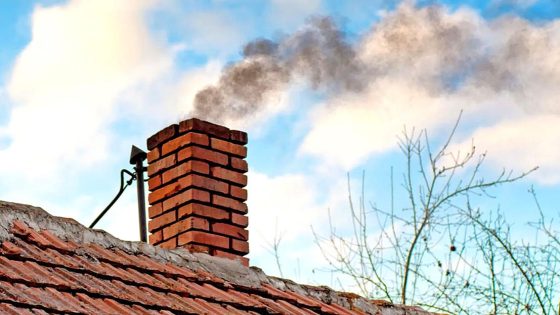Heating with wood is a significant source of pollution in Brussels. Despite only 0.2% of homes using wood heating, these stoves and fireplaces contribute to a quarter of the region’s fine particulate emissions. As concerns grow about the health risks associated with wood smoke, including cancer-causing substances, citizens are calling for action.
- Wood heating is highly polluting.
- Only 0.2% of homes use wood heating.
- Wood stoves contribute to fine dust emissions.
- Petition against wood heating has over 1,000 signatures.
- Visible smoke from wood burning banned by 2025.
- Limited awareness of wood heating's dangers.
Brussels Takes Action Against Wood Heating Pollution
What happens when a small percentage of homes causes major pollution? In Brussels, this is the reality with wood heating systems. The local government is now facing pressure from concerned citizens who want to see more stringent regulations on this practice.
The Growing Concern Over Wood Smoke Emissions
The recent petition highlights how many residents feel neglected by the Brussels government regarding air quality issues caused by wood burning. With visible smoke and harmful emissions becoming an increasing problem, citizens are demanding change.
The Impact of Wood Heating on Air Quality
Wood stoves and fireplaces may seem cozy but they come at a cost—air quality deterioration. Here’s why this matters:
- Only 0.2% of homes use wood heating but contribute significantly to fine particulate matter.
- Cancer-causing substances are prevalent in wood smoke.
- A ban on visible and smelly smoke will be enforced starting in 2025.
- The government has restricted the installation of second-hand stoves since last year.
Civic Engagement: Petitions Driving Change
The petition that gathered over 1,000 signatures showcases how civic engagement can influence policy decisions. Residents are determined to hold their government accountable for environmental health:
- This grassroots movement pushes for awareness about the dangers of wood burning.
- Citizens want clearer communication from authorities regarding new regulations.
- The upcoming parliamentary debate will address these pressing concerns directly.
































